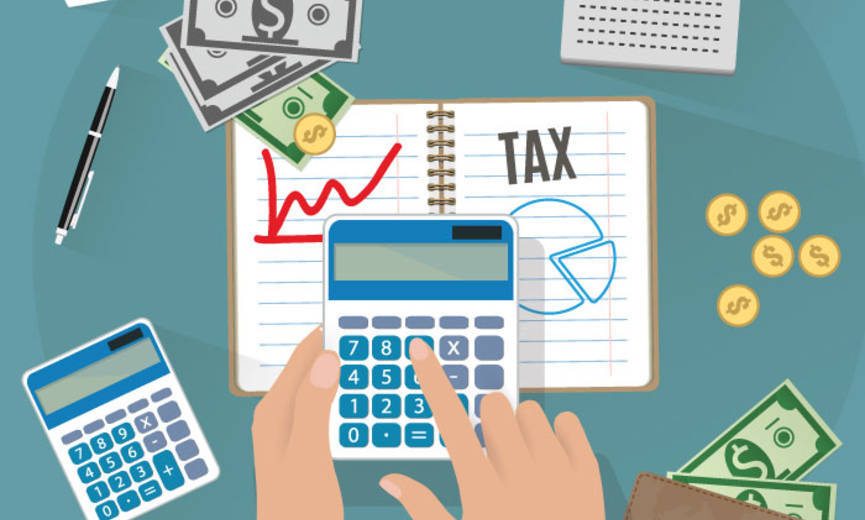
The subject of the new tax law has been debated over the past few months. As the tax season is rapidly approaching, every U.S. citizen wants to make sure that they know every detail of the new law.
While some taxpayers will be more affected, others will go with the same flow as previous years. If you are a retiree, though, there is some essential information you should know. According to experts, most of these laws will likely sunset by 2026, but it all comes down to the decision of the Congresses.
Either way, it never hurts to know more, so here are the main strategies you can apply as a retiree this tax season.





2 thoughts on “7 Clever Tax Strategies Every Retiree Should Know”
I’m 72 1/2 I cant retire because of credit card debt I hav good credit but 33k in credit card total What do you suggest? I have never been late on my payments
I have concerns with the advice given.
1) According to IRS Publication 590B, you must be 70 1/2 to make such a contribution, not 70. Also, the limit is $100,000 not 4100,000, as your article suggests.
2) The advice to rollover to a Roth as soon as possible may cost tax money. Had one done it in 2017 the rates would have been higher than they will be in 2018. The issue of one’s personal marginal tax rate is not even mentioned. If one is in a 25% marginal tax bracket this year because of unusually high income, but expects to be in a 15% marginal tax bracket next year, your advice to do it as soon as possible will cost the tax payer money.